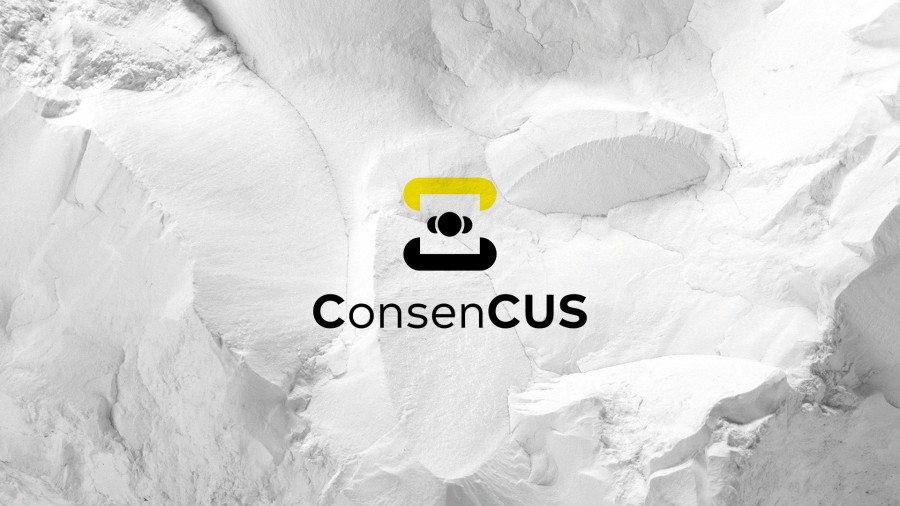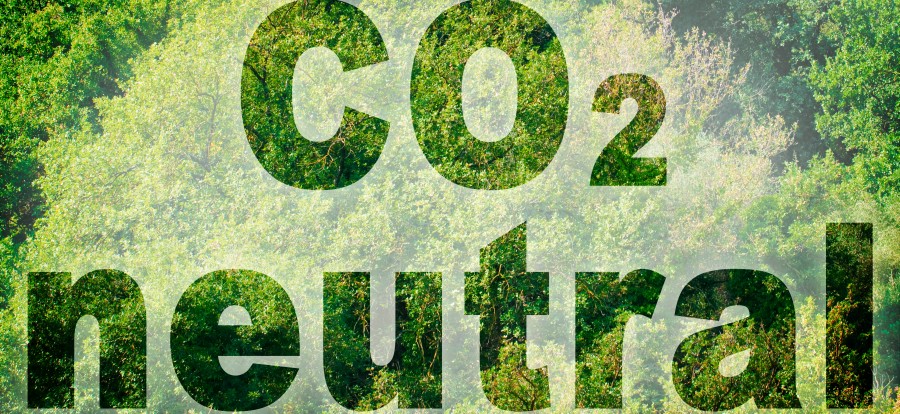
ConsenCUS – Carbon neutral clusters through electricity-based innovations in Capture, Utilisation and Storage
ConsenCUS – Carbon neutral clusters through electricity-based innovations in Capture, Utilisation and Storage
PRESS RELEASE
Athens, 21 March 2021.
ConsenCUS: innovation and collaboration on carbon capture, utilisation and storage.
Is using renewable electricity to capture and convert industrial CO2 emissions realistic at a large scale? What can you do with it after capture and how do local communities participate in the profits? Grecian Magnesite participates in an international consortium led by New Energy Coalition and University of Groningen that will answer these questions in the European innovation project ConsenCUS – Carbon neutral clusters through electricity-based innovations in Capture, Utilisation and Storage.
Industrial and academic partners from The Netherlands, Denmark, United Kingdom, Romania, Greece, China and Canada have joined forces to make electrochemical CO2 emission reduction possible worldwide. From May 1st, 2021, over €13 million of European funds and private investments will enable scaling up technological innovations and conducting socio-economic research. A mobile demo plant will be constructed that will capture up to 0.1 ton CO2/h at cement production, oil refinery and magnesia production across Europe and convert it to useful chemicals (potassium formate and formic acid). In the same locations, the opportunities or challenges that the CO2 clusters bring to the local economy, geology and community will be studied.
International cooperation for an international challenge
Several crucial European industrial sectors emit CO2 as an inherent part of their production process (e.g. cement, magnesia or refinery). To meet European climate targets, this CO2 will have to be captured and used or stored (known as CCUS). So far, CCUS only takes place in a few locations world-wide, and often uses additional fossil fuels for the boilers that regenerate the CO2-absorbing material. The ConsenCUS consortium wants to make capture and conversion possible with (green) electricity, so that it can be done more sustainably and even climate-neutral. The innovation action includes designing so-called CO2 clusters, such that regional companies can work together with governments and citizens to make smart investments in shared infrastructure (such as pipelines or temporary storage locations) to reach net-zero carbon emissions safely.
Grecian Magnesite’s role
Within ConsenCUS, Grecian Magnesite, in our capacity as an industrial mineral producer and CO2 emitter, will a) consult the construction of the demonstration unit, b) fit, operate and monitor the unit in the Yerakini mine site and actively participate in its evaluation, c) conduct business analysis and implementation plans for the demonstrated technology.
About ConsenCUS
ConsenCUS is a 4-year international Innovation Action under the Horizon 2020 framework of the EU. It investigates how electrochemically driven carbon capture and conversion innovations can combine with safe transport and/or storage through economically viable networks and clusters, with specific attention for the interaction of local communities with the technological developments.
The consortium consists of University of Groningen, New Energy Coalition, Wetsus, Coval Energy (NL), Danish Technological University, Geological Survey of Denmark and Greenland, Danish Gas Technology Centre, Aalborg Portland(DK), Heriot-Watt University, Robert Gordon University, OGTC Ltd, British Geological Survey (UK), Center for Research and Technology Hellas, Grecian Magnesite (GR), OMV Petrom, Energy Policy Group (RO), Zhejiang University, Shanghai Jiao Tong University (CN) and University of Calgary (CA).
For more information you may contact:
Michael Tsoukatos, Procurement and Project Communication Manager at Grecian Magnesite
Phone: +30 210 7240446
E-mail: m.tsoukatos@grecianmagnesite.com

